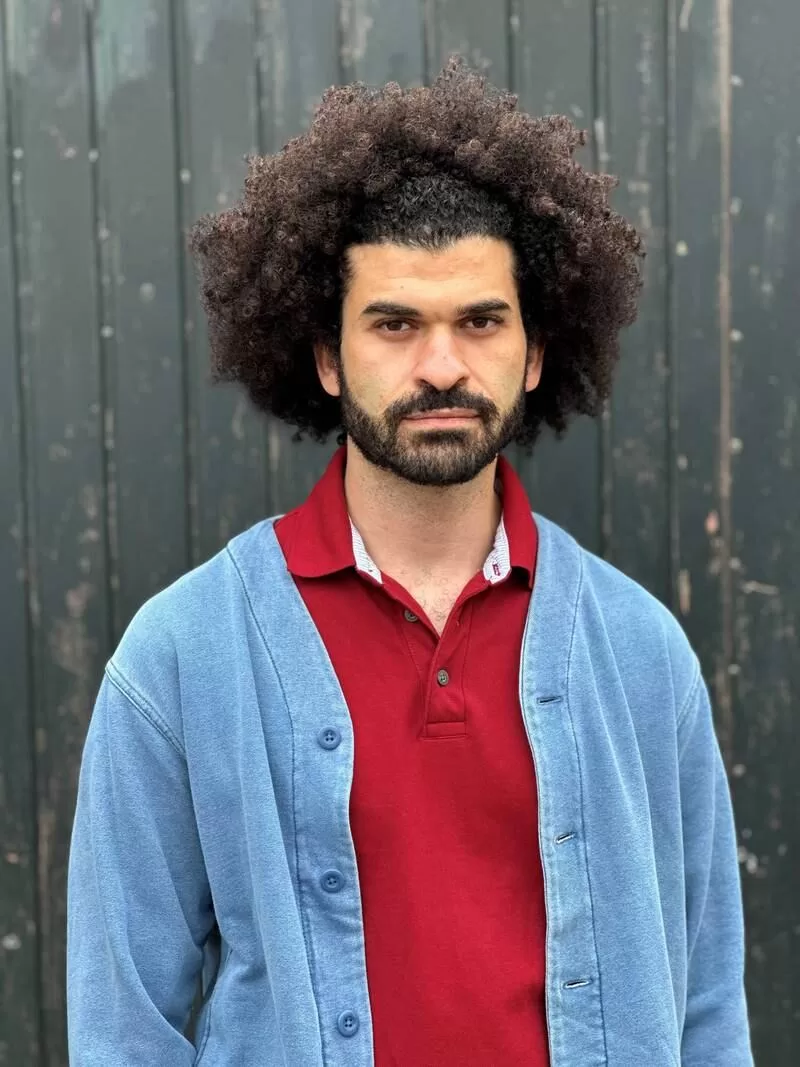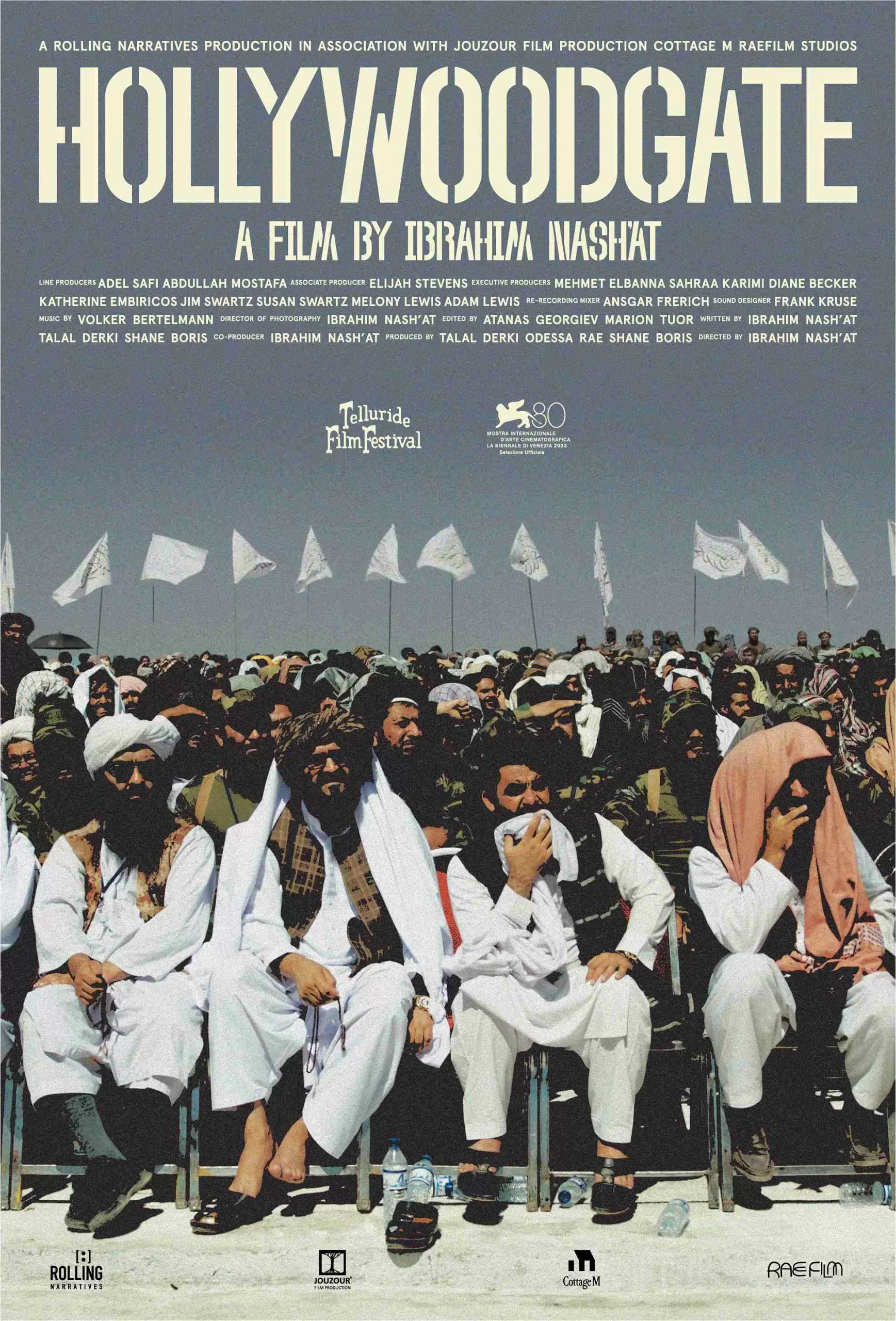A new documentary by Egyptian filmmaker Ibrahim Nash’at depicts the making of the Taliban air force from vestiges of Former US occupation.
Ibrahim Nash’at recalled that he was in an editing room assisting famous Syrian filmmaker Talal Derki finish his new documentary, Under the Sky of Damascus when he heard the news of the Taliban takeover of Kabul came in. “We stopped working and started watching the news on television,” says Nash’at, a Berlin-based Egyptian documentary filmmaker about the devastating events that unfolded on August 15, 2021, in Afghanistan.

American Departure was the inspiration
Nash’at recalled the moment of departure that was been broadcasting live on televisions world wide. That’s when he got the idea for his documentary. “We saw people falling from planes at the Kabul airport while desperately trying to get out of the country. I told Talal, we need to go to Kabul. I was confident I could find a way of getting into Afghanistan to meet the Taliban,” says Nash’at.
The ‘Hollywoodgate’ was premiered at the Venice Film Festival in September last year. This documentary is co-written by Nash’at, Derki and American producer Shane Boris. The film documents the Taliban’s transition from militia to military regime, with help from the enormous military hardware abandoned by the US military.

Code word ‘Hollywood’

The title borrows its name from the codeword, Hollywood, used for the large trailer-turned-base of American forces in Kabul. Each trailer, which contained work stations, medical supplies and even gyms, was given a numerical description like Hollywood Gate 1 and Hollywood Gate 2 by the Americans.
According to US military agency ‘Pentagon, the US left over 7.12 billion dollars worth of military equipment when they departed from Afghanistan in the middle of 2021. The Taliban, who located the treasure of military hardware in abandoned American bases, happily made it their own.
“You see the propaganda in its clearest form. You see the past, the presence of the occupation (US forces) and the presence of the Taliban within the space of the occupation. It became my goal to stay within that space,” reveals Nash’at, who was a film editor in the past two years before directing ‘Hollywoodgate’.



